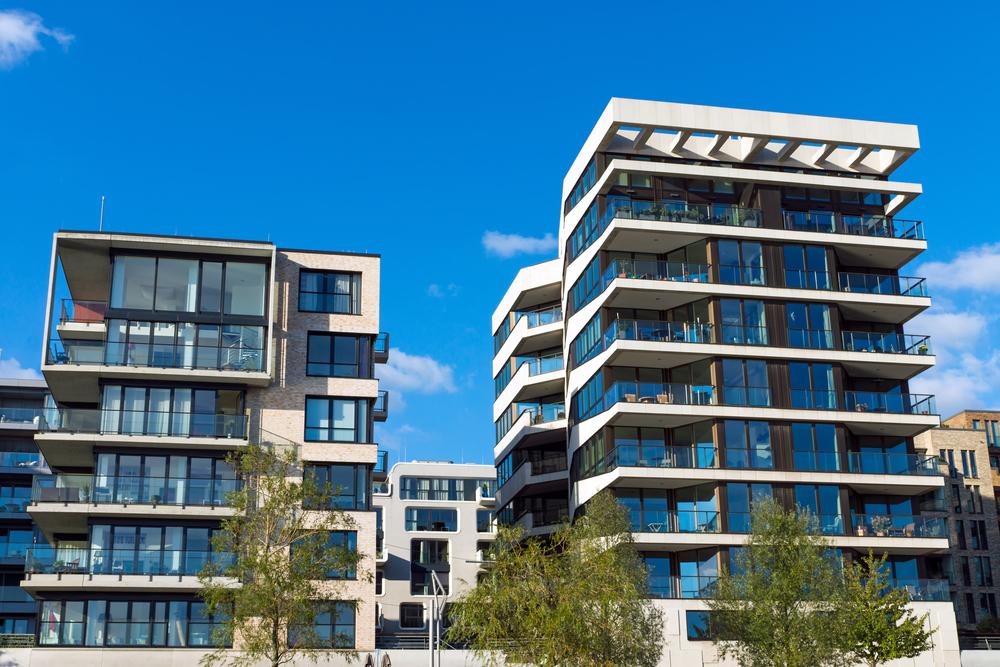Benefits of investors’ flight to safety for Singapore real estate investments
Read related article: Opening on Orchard Road is the 172-unit luxury hotel Citadines Connect City Centre

Singapore, Tokyo, and Sydney are among the top three markets for investors. Singapore was benefited by the transfer of capital that could otherwise have been devoted towards assets within Mainland China and Hong Kong.
In the meantime, Tokyo continues to enjoy an environment of zero interest rates that results in lower cost of borrowing as well as a favorable spread over what debt costs.
These are the results of The 17th Edition of the Emerging Trends in Real Estate Asia Pacific Report published by PwC. Urban Land Institute and PwC. It was published on November 24, 2014.
This report was based on a poll that included 233 property experts along with 101 meetings with investment professionals, developers, property company representatives, and broker for lenders.
The report overall showed a decrease in investor confidence amid worries about the increasing cost of borrowing, the rise in inflation, and a possible recession. Many investors suspending purchasing activities until projections of rate hikes across the globe are made more apparent.
“Rising rates of interest and the weakening of the global economy is starting to affect regional asset valuations and altering the way investors evaluate deals that are on the table,” says David Faulkner the ULI Asia Pacific’s president. ULI Asia Pacific.
The gloomy mood was evident in the 38% decrease in the volume of transactions in the third quarter of 2022 in the region to US$32.6 billion. It was the lowest volume in 3Q for the past decade in the region, according to the report.
Investors must take a cautious approach to buying new assets in some Asian markets and shift their attention away from traditional assets to a range of niches that have a better prospects according to the report and adds that this could include defensive havens as well as emerging-economy concepts.
The respondents to the survey of real estate professionals identified hotels, multifamily as well as senior living as well as logistics properties as safe refuges. In addition, properties that are considered to be defensive will have favorable characteristics like rent indexation, a shorter lease term, and consistent recurring income.